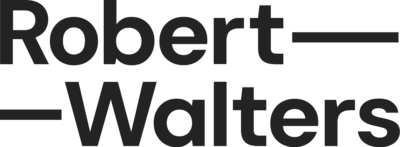RW - foRWard Health & Wellbeing eMag - June 25 - Flipbook - Page 49

BY CHRIS RABBA
The COVID-19 pandemic
transformed how and
where we work. Remote
and hybrid work became
the norm, offering flexibility
that many employees
don’t want to give up. But
as businesses push for a
return to the office, new
workplace behaviours
are emerging—office
peacocking and coffee
badging—highlighting the
challenges of balancing
organisational needs with
employee preferences.
The Rise of Remote and
Hybrid Work
Remote work skyrocketed
during the pandemic, with
many employees proving
they could work just as
e昀昀ec琀椀vely from home. But
now, as businesses rethink
their workplace strategies,
the conversa琀椀on has
shi昀琀ed to how much 琀椀me
employees should spend in
the o昀케ce.
In Australia, a growing
number of companies have
introduced hybrid policies,
with many requiring at least
2–3 days of in-o昀케ce work
per week. However, global
data suggests that full-琀椀me
remote work is here to
stay for 26–30% of the
workforce, despite e昀昀orts
to bring employees back
on-site.
With this shi昀琀 has come
resistance, adapta琀椀on, and
new o昀케ce behaviours—
some employees are making
their presence felt, while
others are 昀椀nding ways
to meet a琀琀endance rules
without fully returning.
O昀케ce Peacocking:
Making the Office
More Attractive
Employers know they
need to make the o昀케ce
worth coming back to,
which has led to “o昀케ce
peacocking”—a term used
to describe the e昀昀ort to
make workplaces more
appealing. This can include:
• Upgraded o昀케ce spaces
– Modern designs,
collabora琀椀ve areas, and
be琀琀er aesthe琀椀cs to make
the workplace feel less
like a corporate box and
more like a crea琀椀ve hub.
• Extra perks – Free
lunches, barista co昀昀ee,
wellness programs, and
even games rooms to
en琀椀ce employees
to return.
• Casual dress codes –
Loosening up tradi琀椀onal
corporate a琀�re to
make people feel more
comfortable.
• Networking
opportuni琀椀es – Hos琀椀ng
social events, teambuilding days, or speaker
sessions to make o昀케ce
a琀琀endance feel valuable.
The idea behind o昀케ce
peacocking is simple: if
employees enjoy being in
the o昀케ce, they’ll want to
come in more o昀琀en. But
not everyone is buying
into it.